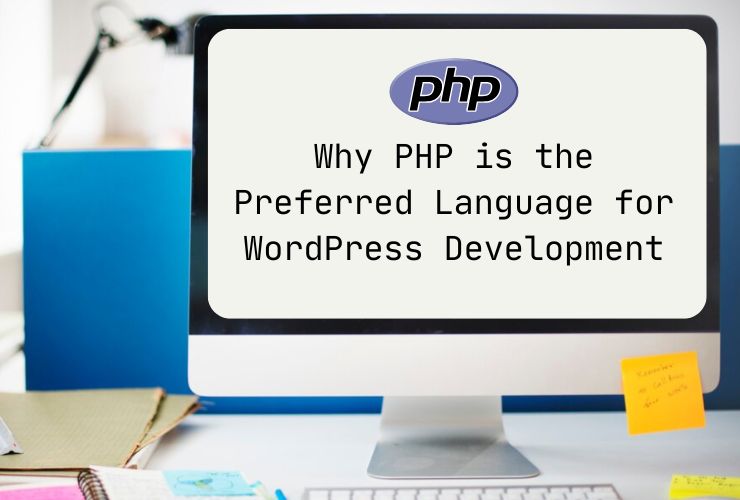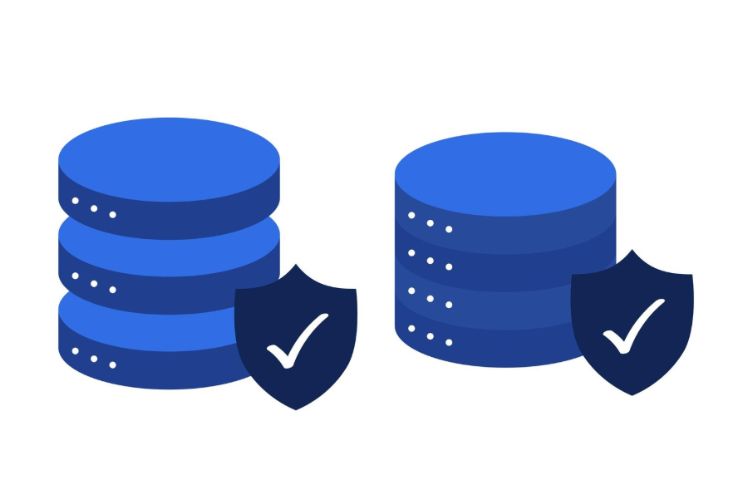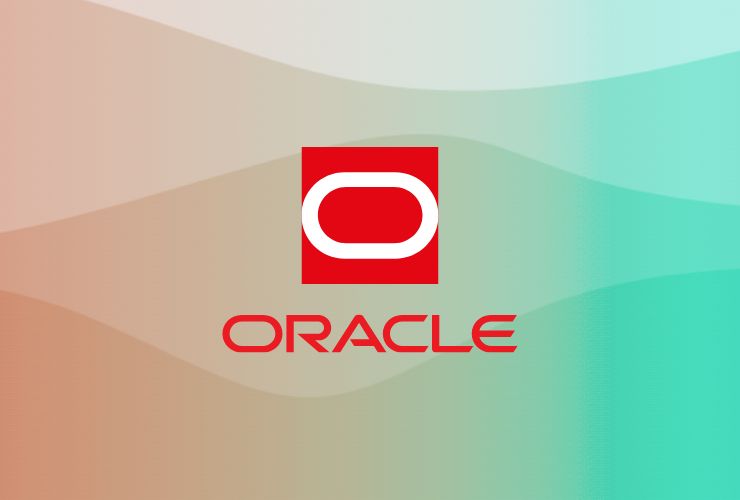WordPress is now the leading CMS in the world, hosting more than 40% of the world’s websites. Under the umbrella is at the heart of WordPress; the scripting language PHP, which has remained core to WordPress since its existence. This is why PHP is one of the favorite languages for building WordPress, and it becomes a must-have for flexibility and usability in building the websites.
1. The Open Source Foundation
PHP is an open-source language; hence, it is free to use and constantly being improved by many. An open source like this can easily merge with WordPress, providing the developer access to thousands of plugins, themes, and customizations. This also diminishes the development cost, therefore cheap for any business to embrace regardless of the size to have WordPress.
2. Easy and Simple to Learn
PHP is popular for its syntax that is so easy to learn. That is how this opens up development for WordPress to anyone to do everything from a simple theme to big powerful plugins. Good usage of PHP for developing anything and deploying websites quick as possible and easier maintenance also.
3. Strong Community and Resource Support
There is a huge and well-established community of PHP. In its service, there are extensive resources, forums, and libraries supplied for developers. To a developer of WordPress, such support would prove invaluable because it supplies troubleshooting, optimization, and enhancement resources. Be it plugin customization or a security fix, the PHP’s community is always ready with the answer to save time and perfect your WordPress projects.
4. Flexibility and Scalability
PHP is adaptable enough to serve the needs of any-sized websites, be it simple little blog sites or big enterprise-based ones. With PHP, custom WordPress plugins can be created, special WordPress themes, and even tweak its functions to meet certain specific requirements. The demands a website grows, PHP accommodates that without requiring a lot of redevelopment.
5. Smooth Database integration
The other major advantage that WordPress has over PHP is its ease of supporting databases, particularly MySQL. This is because it stores data such as posts, user information, and settings, and it needs MySQL. Therefore, easier interaction between PHP and MySQL leads to better data management and retrieval.
6. Advanced Security Features
PHP supports multiple security protocols, critical for protecting WordPress sites against vulnerabilities. WordPress websites are often targeted by hackers, but PHP enables security measures like data encryption and secure user authentication, safeguarding sites and maintaining user trust.
7. Broad Hosting Compatibility
Nearly all web hosting services support PHP, making it pretty easy to create a WordPress website. The wide availability of such support does not add any cost for hosting and helps businesses create and manage their WordPress sites with no compatibility issues or convoluted configurations.
Conclusion
Its is considered the most favorite development language for WordPress because of its open-source nature, ease of use, availability of community resources, flexibility, and compatibility with MySQL. It stands as a backbone of WordPress with great features of security and hosting compatibility. As WordPress evolves further in the future, the adaptable nature of PHP will assure that it will continue being the favorite language for developers who want to produce functional, scalable, and safe websites.
Contact Us Today













 Database Development
Database Development












































